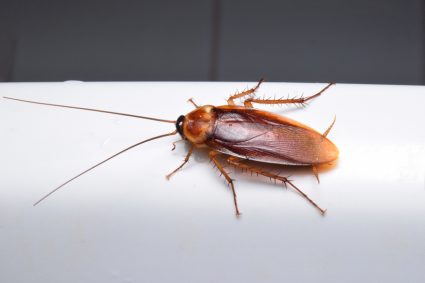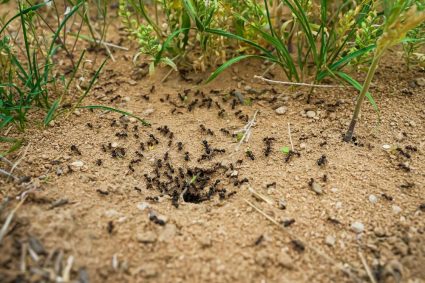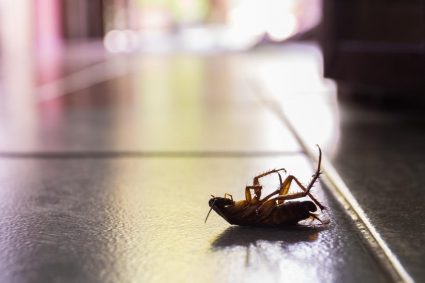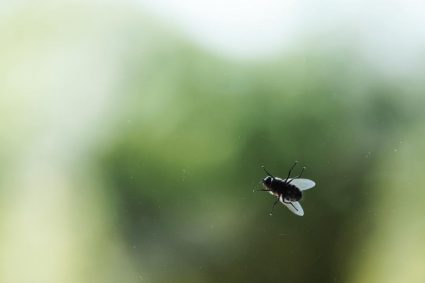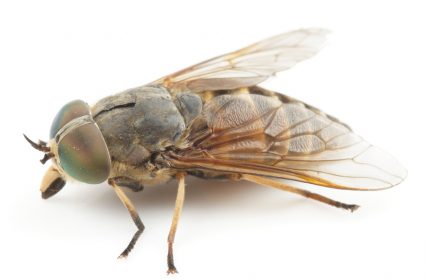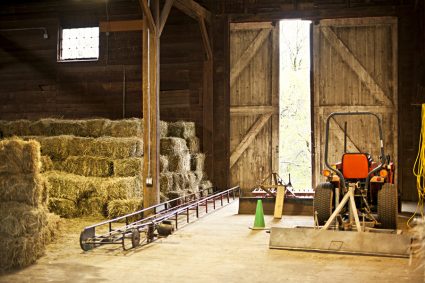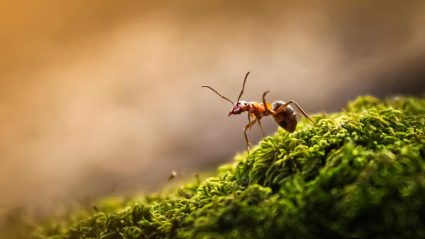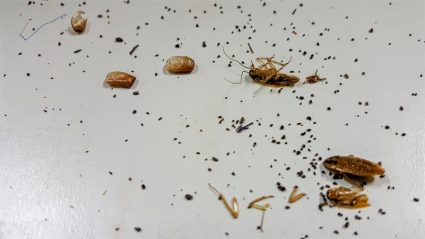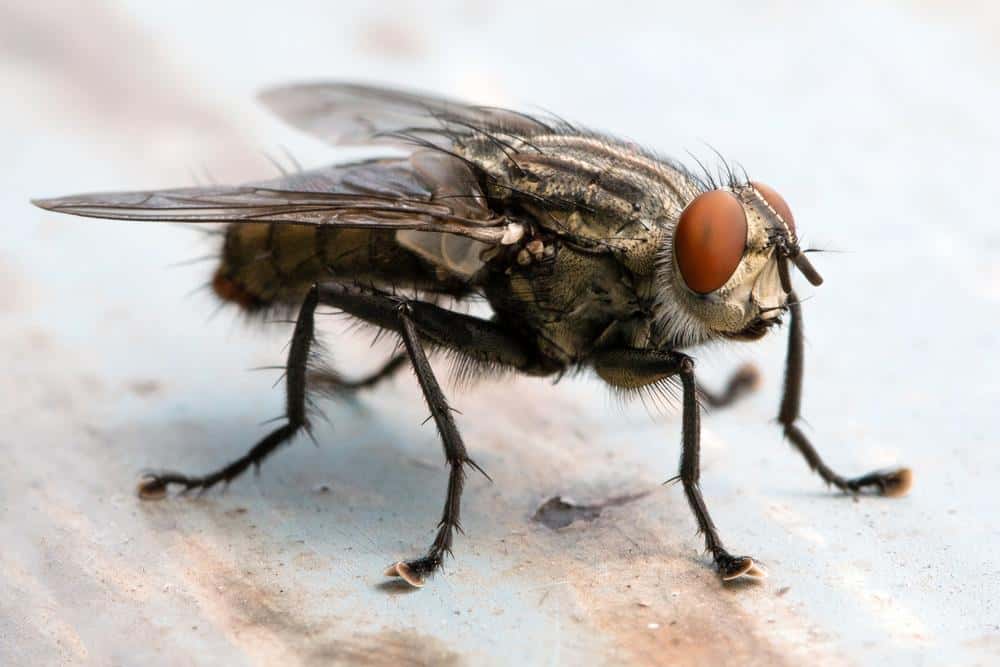
Composting is an excellent way to recycle kitchen and yard waste, turning it into nutrient-rich soil for your garden. However, one common problem that composters face is an infestation of gnats. These tiny flies are attracted to the damp, rotting organic matter in compost piles. While gnats are generally harmless, their sheer numbers can be annoying and potentially harmful to the compost and plants. In this comprehensive guide, we will discuss how to keep gnats out of compost and provide multiple solutions to help you manage this common problem.
To keep gnats out of compost, ensure your compost pile is well-balanced with green and brown materials, aerate it regularly, bury food waste deep within the pile, and cover the pile with grass clippings or straw. You can also use diatomaceous earth as a natural repellent and set up apple cider vinegar or sticky traps to catch adult gnats. If gnats are already present, turn the compost regularly, monitor moisture levels, pour boiling water into the pile, and use natural repellents like certain plants.
Why are Gnats Attracted to Compost?
Gnats, particularly fruit flies and fungus gnats, are attracted to compost for several reasons:
- Food sources: Gnats feed on the decomposing organic matter in compost piles, such as fruit and vegetable scraps. Fungus gnats, on the other hand, are attracted to the moisture and fungus present in the compost.
- Moisture: Gnats need a damp environment to survive and reproduce. If a compost pile is too moist, it can attract gnats and provide a suitable breeding ground for them.
- Fungal growth: Fungus gnats are attracted to the fungal growth that occurs in compost piles, especially when the compost is rich in organic matter and moisture.
How to Prevent Gnats in Compost
Preventing gnats from infesting your compost pile involves several practices aimed at making the compost environment less appealing to these pests:
- Balance your compost: Ensure that your compost pile has a good balance of green materials (like fresh grass clippings, veggie scraps, and eggshells) and brown materials (like dried leaves, shredded untreated cardboard, and twigs). This will prevent excessive moisture and odors that attract gnats.
- Aerate your compost: Regularly turning your compost pile helps to aerate it and discourages gnats from laying eggs.
- Bury food waste: Bury your food waste 10-12 inches deep in the compost pile. This helps to reduce the smells that attract gnats.
- Cover your compost pile: Use a layer of grass clippings or straw to cover your compost pile. This helps to retain moisture and keep gnats out.
- Seal kitchen scraps: Keep your kitchen scraps sealed before adding them to the compost bin. This can prevent gnats from being attracted to them.
- Use diatomaceous earth (DE): Sprinkle DE on your compost pile and mix it well. DE is a natural insect repellent that helps deter gnats from your compost and garden plants.
- Set traps: Use apple cider vinegar traps or sticky traps to catch adult gnats and reduce their population.
By following these steps, you can effectively prevent gnats from infesting your compost pile and maintain a healthy composting environment.
How to Get Rid of Gnats in Compost
If your compost pile is already infested with gnats, don’t worry. Here are some steps you can take to get rid of them:
- Turn your compost pile regularly: This helps to maintain aeration and discourages gnat breeding.
- Check the ratio of browns to greens in your compost: Adjust this if necessary. A well-balanced compost pile is less likely to attract gnats.
- Monitor the moisture level of your compost: Gnats thrive in damp conditions, so avoid overwatering your compost. Allow the soil to dry out to at least an inch deep between waterings.
- Pour boiling hot water into the compost pile: This can kill gnats and their eggs. Repeat this method a few times a week to ensure no gnats are breeding in your compost.
- Wrap your kitchen waste in butcher paper or newspaper before adding it to the compost: This can help contain the scent that attracts gnats.
- Use natural repellents: Some plants, such as geraniums, lemongrass, and basil, can naturally repel gnats. Plant these around your compost area to deter gnats.
By following these steps, you can effectively get rid of gnats in your compost pile and prevent future infestations.
Conclusion
Composting is a rewarding activity that can provide you with rich, fertile soil for your garden. However, it’s essential to manage potential issues, such as gnat infestations, promptly and effectively. By maintaining a well-balanced, properly aerated compost pile and using preventative measures like traps and natural repellents, you can keep gnats out of your compost and enjoy the benefits of composting without the annoyance of these tiny pests.
Remember, prevention is always better than cure. So, keep an eye on your compost pile and act quickly if you notice gnats starting to take over. Happy composting!
Frequently Asked Questions
What is diatomaceous earth (DE) and where can I get it?
Diatomaceous earth (DE) is a type of powder made from the fossils of marine organisms known as diatoms. It’s non-toxic and safe for use in organic farming. DE works by causing insects to dry out and die by absorbing the oils and fats from their cuticle. You can find DE at most garden centers or online.
Can I use pesticides to control gnats in compost?
While pesticides can kill gnats, they are generally not recommended for use in compost piles. Pesticides can kill beneficial organisms in the compost that help break down organic material. Instead, consider using natural methods such as diatomaceous earth or gnat traps.
How often should I turn my compost pile to prevent gnat infestation?
As a general rule, you should turn your compost pile every two weeks. However, if you notice a gnat infestation, you may need to turn it more frequently, such as once a week, to disrupt the gnat’s life cycle.
What are green and brown materials in composting?
In composting, green materials are the wet organic materials like fruit and vegetable scraps, coffee grounds, grass clippings which provide nitrogen. Brown materials are the dry organic materials like dried leaves, straw, paper, wood chips which provide carbon. A good compost pile should have a balance of both.
What other insects can infest my compost pile?
Besides gnats, compost piles can attract other insects like ants, beetles, worms, and mites. Most of these insects are beneficial and help in the composting process. However, if you notice an overpopulation of a particular insect, it might indicate an imbalance in your compost pile.

